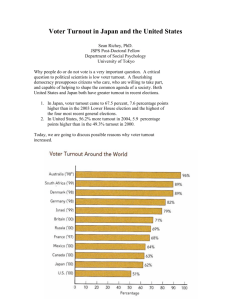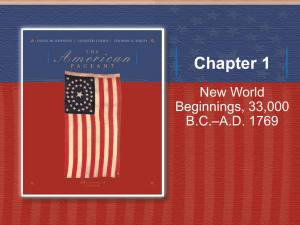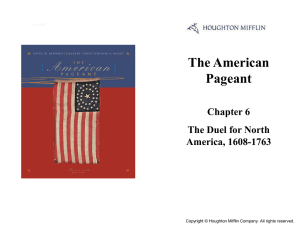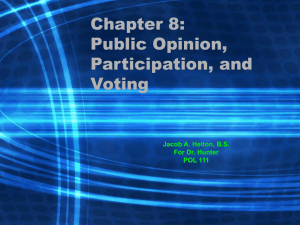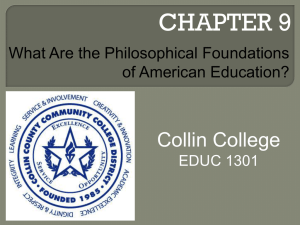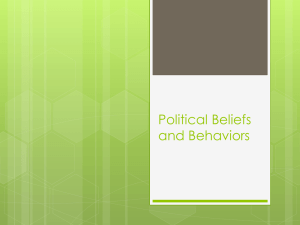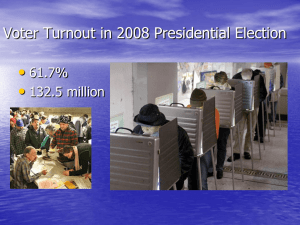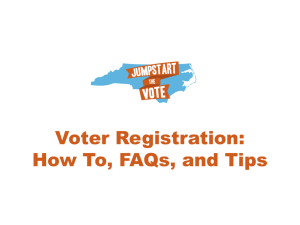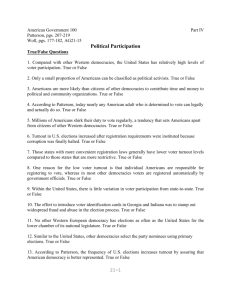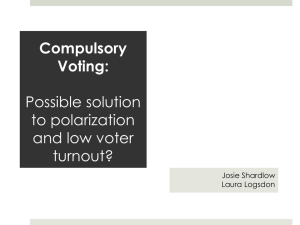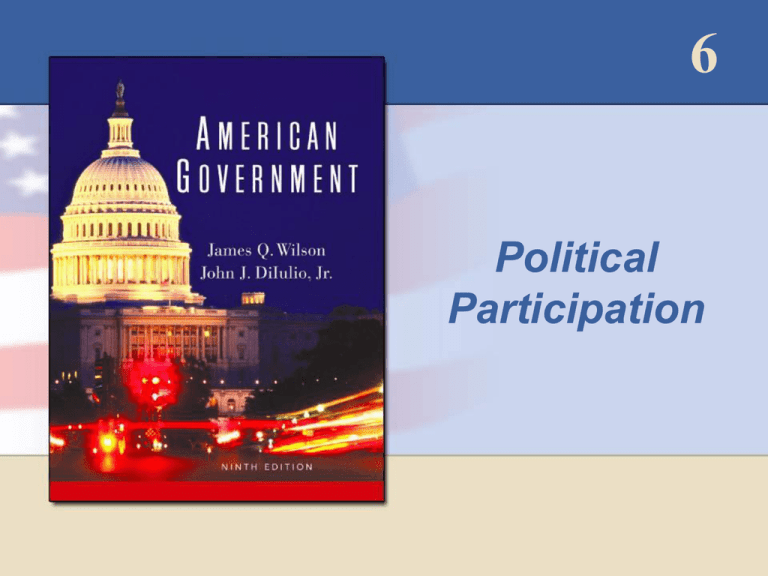
6
Political
Participation
American Voters are Apathetic, Right?
Description, analysis, and many of proposed remedies for apathy: off base
-Americans don’t register as often
-Get out the vote drives make no difference to the non-registered
-Registration has costs here that don’t occur in Europe: automatic there
-Election day turnout was less depressed in states that implemented this law
Turnout statistics here vs. elsewhere: Registered voter turnout high (#3)
Election controls- state to federal shift: more blacks, women, youth participation
Has voter turnout declined?
Factors that affect turnout: age, race, party organization, registration barriers,
popular views about the significance of elections
High versus low participation factors
-Most powerful determinants: schooling and information, then age
-Black participation rates approximate white rates when ses controlled
Americans, as a group, vote more frequently and for more offices
-Therefore, elections make a much bigger difference to policy here
-Americans also participate more frequently in non-electoral forms of
participation, such as letter writing, attending meetings, and other political activities
Copyright © Houghton Mifflin Company. All rights reserved.
6-2
Table 6.1: Two
Ways of
Calculating
Voter Turnout,
1996-2001
Elections,
Selected
Countries:
Copyright © Houghton Mifflin Company. All rights reserved.
6-3
Figure 6.1: Sources of Voter Registration
Applications, 1999-2000
Source: Federal Election Commission, Executive Summary--Report to the Congress, 2000.
Copyright © Houghton Mifflin Company. All rights reserved.
6-4
Table 6.2: Voter Registration in the South
Copyright © Houghton Mifflin Company. All rights reserved.
6-5
Table 6.4: Two Methods of Calculating Voter
Turnout in Selected States, 2000
Copyright © Houghton Mifflin Company. All rights reserved.
6-6
Popular Participation in Elections
Reasons for decline in participation
1. voter fatigue: 521,000 elected offices in the US
-too much democracy can be exhausting
2. Mechanics of voting
-voting in other countries either compulsory, or registration automatic
-mandatory voting might be a first amendment violation here
-easing registration has increased number of registered independents
3. The weakness of political parties
-end of patronage affects party influence
-election reforms (eg., Australian ballot) have decreased party influence
Reasons why people DO vote here
1. Education: higher levels increase sense of civic duty. Not a catch-all
2. Age: older voters participate at higher rates
3. Why, then, have rates declined? Boring elections. Not true for ’64, ’92, ’04
Types of Participants, according to Verba and Nie:
1.
2.
3.
4.
5.
6.
Inactives (22%)
Parochial participants: only contact local officials about specific, often personal problems
Communalists: community activities of a nonpartisan nature
Voting specialists: vote regularly, but do little else
Campaigners: vote and participate in campaigns
Complete activists (11%) do all forms of political activity
Copyright © Houghton Mifflin Company. All rights reserved.
6-7
Figure 6.2: Voter Participation in Presidential
Elections, 1860-2000
Sources: For 1860-1928: Bureau of the Census, Historical Statistics of the United States, Colonial Times to 1970, part 2, 1071; 19321944: Statistical Abstract of the United States, 1992, 517; 1948-2000: Michael P. McDonald and Samuel L. Popkin, "The Myth of the
Vanishing Voter," American Political Science Review 95 (December 2001): table 1, 966.
Copyright © Houghton Mifflin Company. All rights reserved.
6-8
Figure 6.4: Voter Turnout in Presidential
Elections, by Age, Schooling, and Race, 19641996
Source: Updated from Gary R. Orren, "The Linkage of Policy to Participation," in Presidential Selection, ed. Alexander Heard and
Michael Nelson (Durham, N.C.: Duck University Press, 1987). Data for 1996 are from Statistical Abstract of the United States 1998,
296, as supplied by Christopher Blunt.
Copyright © Houghton Mifflin Company. All rights reserved.
6-9
How to increase political participation here
10 suggestions from Benjamin Barber, “Voting is Not Enough: a Plan for
strengthening Democracy” (Atlantic Monthly, June 1984, pp. 45-52):
1.A national system of neighborhood assemblies
2.A civic communications cooperative
3.A civic videotex service and civic education postal act
4.Selective experiments in decriminalization and informal justice
5.A national initiative and referendum process
6.Selective experiments in electronic balloting
7.Selective use of a lottery system of election
8.Selective experiments with voucher systems
9.A program of universal citizen service
10. Common work and common action programs
Copyright © Houghton Mifflin Company. All rights reserved.
6 - 10


